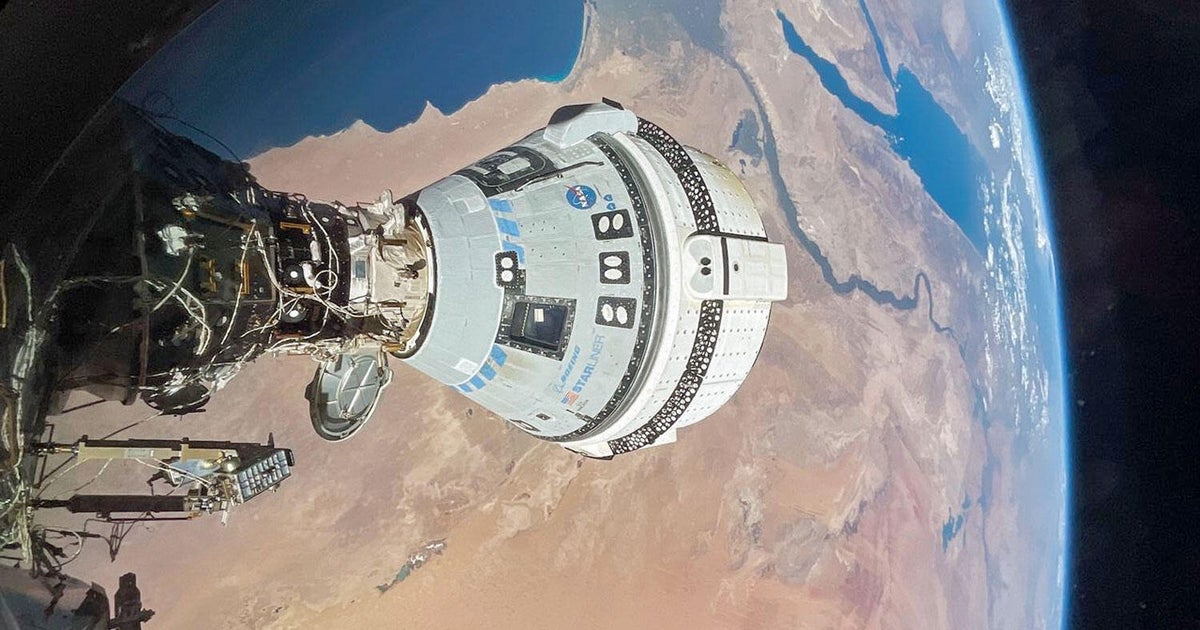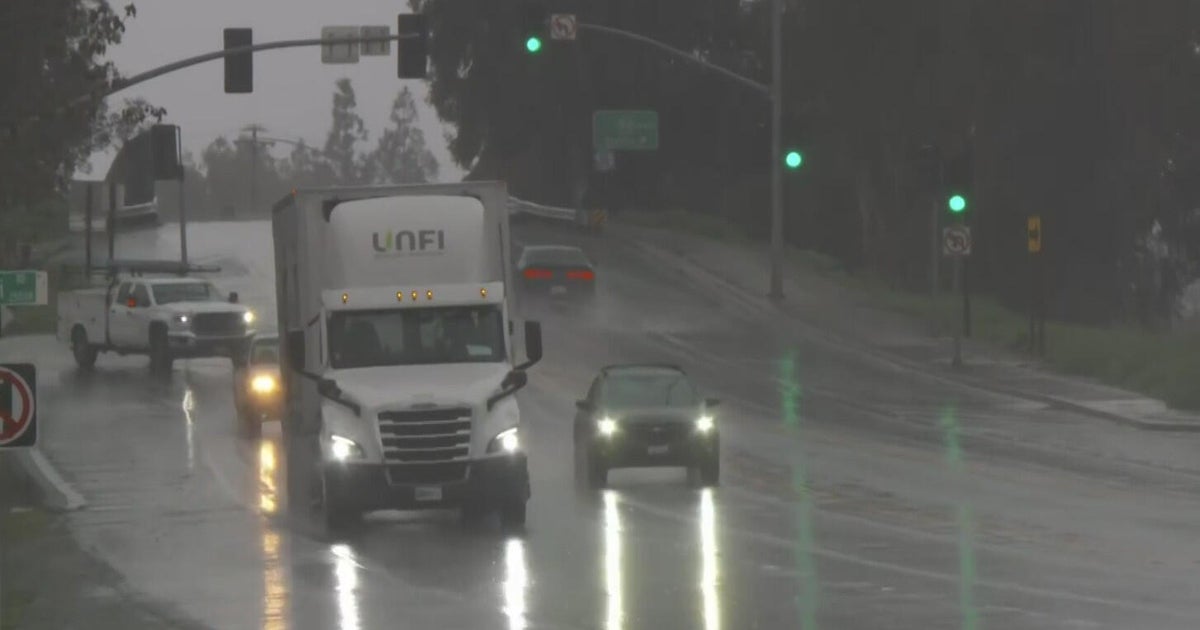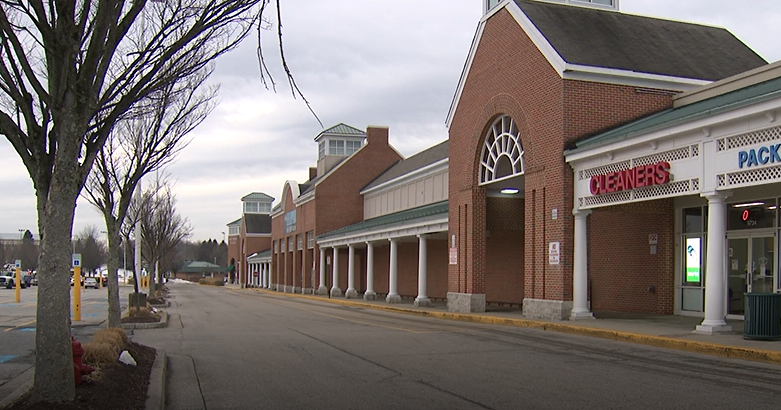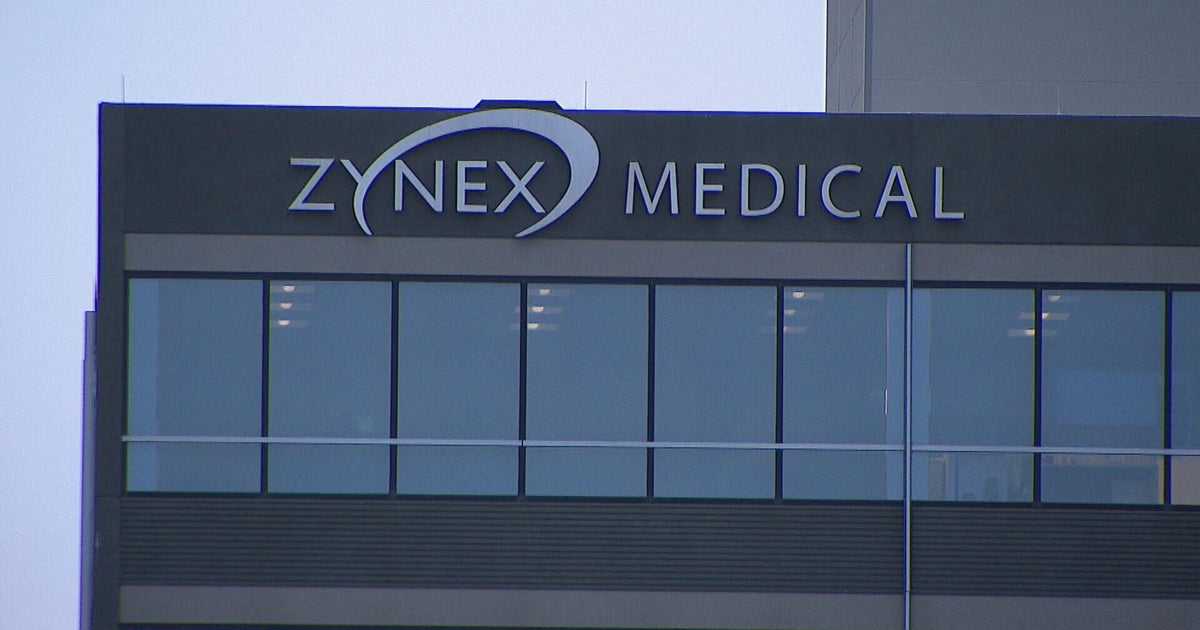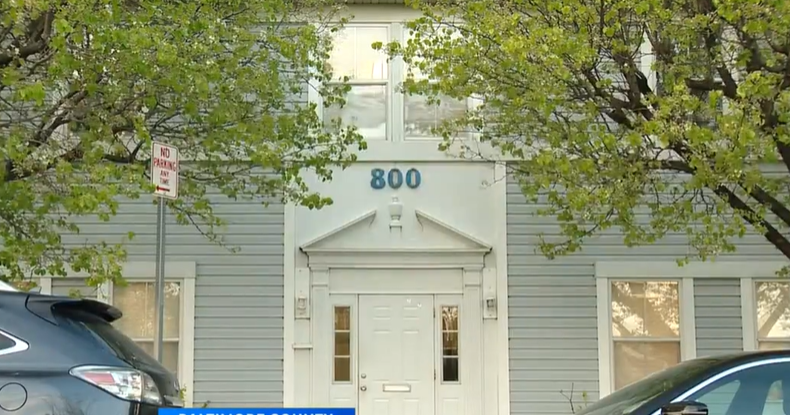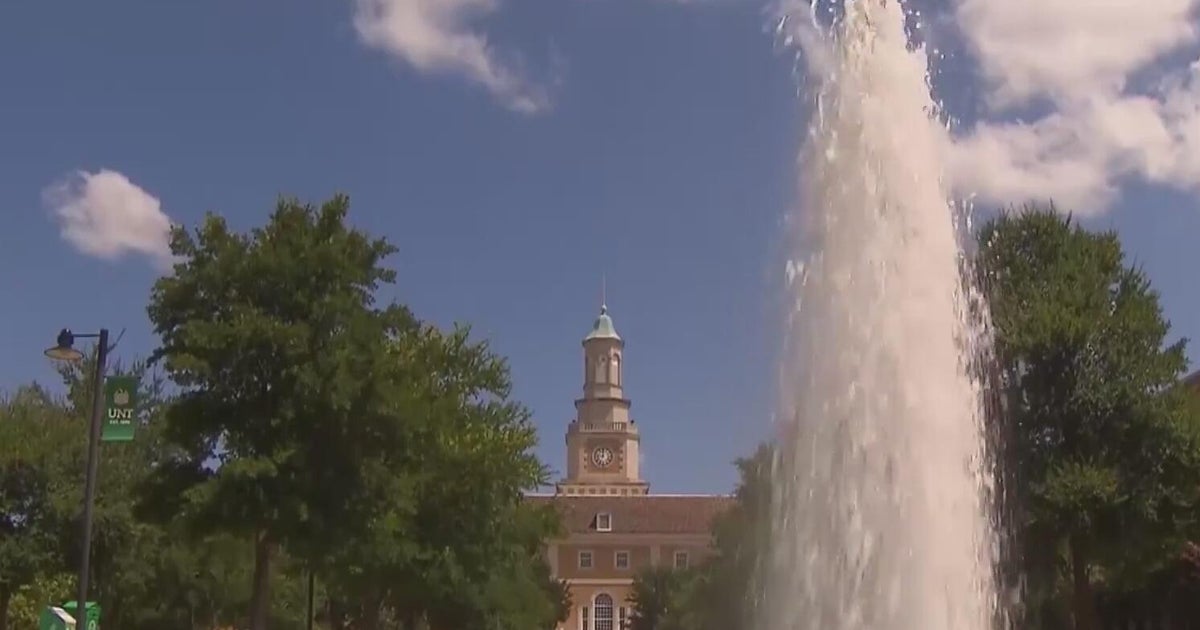NASA Spacecraft Will Travel 2-Years To Collect Asteroid Samples
GREENBELT, Md. (WJZ) -- Perfect time capsules of the beginning, NASA hopes asteroids will shed light on the early beginnings of Earth.
Asteroids drift through space unchanged since growing with the solar system, 4.5 billion years ago.
"These were there when the solar system first formed," said Dr. Amy Simon from NASA's Goddard Space Flight Center. "And so, understanding them is going to help us understand how our solar system formed, how other solar systems formed."
Launching next month, the Osiris-Rex spacecraft will travel two years and millions of miles to an asteroid named Bennu.
Once there, the spacecraft will collect surface dirt and rocks from the asteroid, bringing back samples to Earth from 4.5 billion years ago.
"It kind of gives me chills, actually," said Dr. Daniel Glavin. "The idea that these asteroids are prebiotic chemical factories, they're making the building blocks of life."
The theory is the heavy bombardment of early Earth by asteroids and comets laid the groundwork for us.
"Many have seeded the Earth with the building blocks necessary for the origin of life" says Glavin.
Lab work at the Goddard Space Flight Center has found organic compounds in the meteorites that hit the Earth, but they were contaminated.
Osiris-Rex will send back the first pristine samples of what rained down long ago on a very young Earth.
If everything works, the asteroid samples will reach Earth and the NASA lab in Maryland by 2023.
